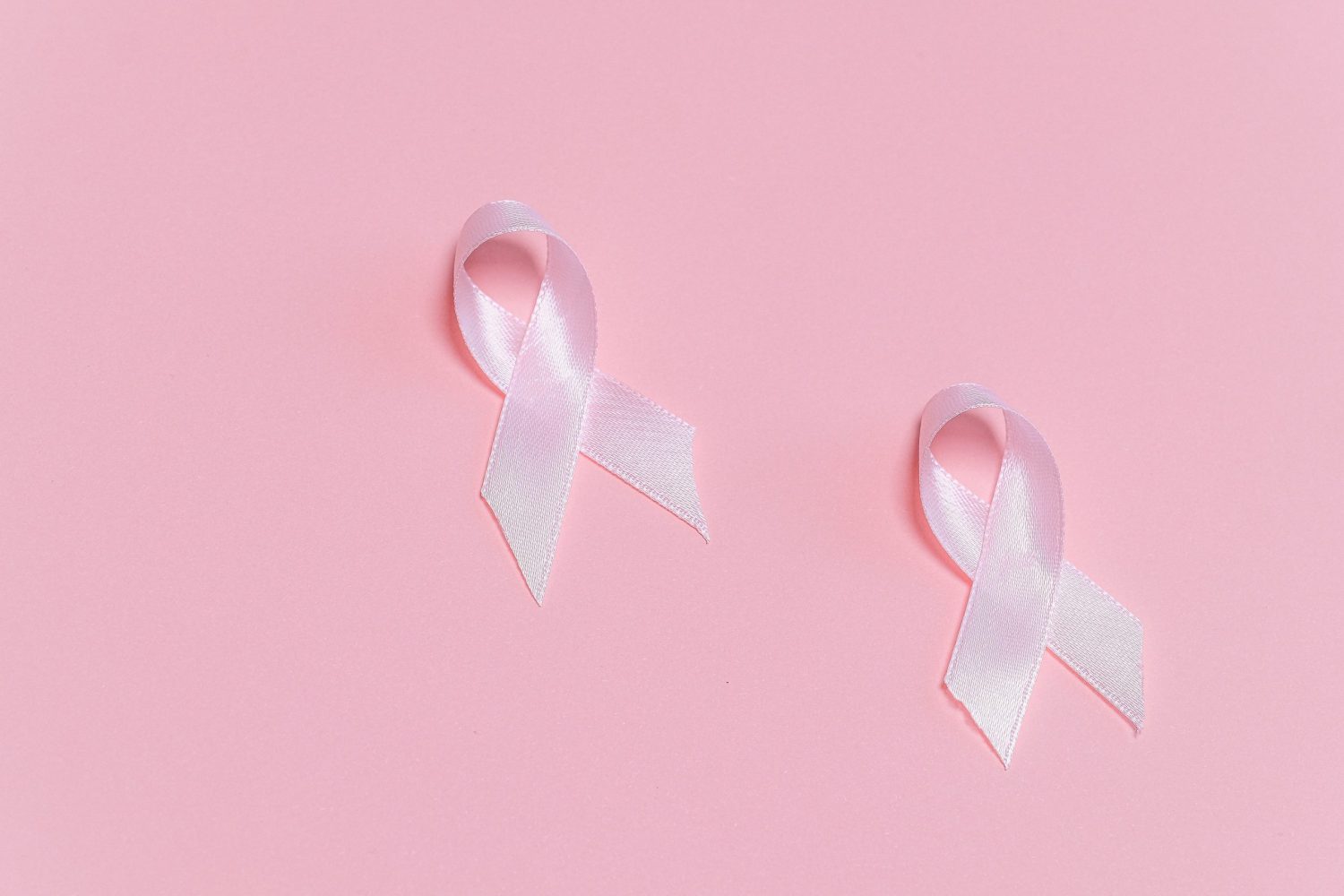Cancer is the leading cause of death in U.S. firefighters today, and according to the National Fire Protection Association, more than 68% of all firefighters will develop some form of cancer in their lifetimes. Although respiratory and GI cancers are most commonly associated with firefighting, those in the fire service are at a greater risk of all cancers compared to the general population.
That’s why Breast Cancer Awareness Month is an important time to advocate for those firefighters – both men and women – in their fight against breast cancer.
Due to historically smaller sample sizes, there has been limited evidence-based research regarding occupational cancer among women in the fire service. San Francisco has more female firefighters than any other city in the country, and an increasing number of them are being diagnosed with breast cancer. Approximately 16% of the department’s firefighters are women. Of that number, 15% of female firefighters between 40 and 50 years old have been diagnosed with breast cancer, which is six times the national average.
More studies are now being done to determine the elevated health risks of firefighting on breast cancer. In 2020, the Women Firefighters Biomonitoring Collaborative collected biospecimens and interview data from 80 women firefighters and 80 women office workers from San Francisco, revealing that firefighters may be at an increased risk for developing breast cancer due to exposure to higher levels of certain toxic PFAS chemicals.
Polyfluoroalkyl substances (PFAS) are a class of synthetic chemicals that have been produced since the 1950s. PFAS have been nicknamed “forever chemicals” because they don’t break down, so they accumulate over time. As people get exposed to PFAS from different sources over time, the level of PFAS in their bodies may increase to the point where they suffer from adverse health effects.
Of course, personal risk factors such as age and family history also can increase someone’s risk for cancer. Beyond exposure to toxic chemicals, the lifestyle of a firefighter can also increase cancer risk. Non-exposure risk factors for cancer in firefighters include:
- Stress
- Body composition
- Cardiorespiratory fitness
- Sleep/shiftwork
- Diet
Firefighters are exposed to known carcinogens and hundreds of other chemicals from the station to the site of a fire – ranging from exhaust to firefighting foams, and even their own protective gear. The most common routes of occupational exposure to carcinogens include:
- Skin absorption
- Inhalation
- Ingestion (less likely)
Cancer is one of the most dangerous threats to firefighter health and safety today, and it is critical that more Minnesota firefighters become aware of their higher risks for cancer – including breast cancer – as well as prevention strategies. Broader research on occupational health risks also needs to be done to protect the health of women and other minorities who are in the fire service.
Sign your department up today for our cancer deep-dive training – we’ll educate firefighters on activities that put them at higher risk for developing cancer, proper PPE strategies for mitigating cancer risks and what types of screenings can be done to catch cancer early. Together, we can reduce future cancer diagnoses and protect firefighters from breast cancer and all of these terrible diseases.








